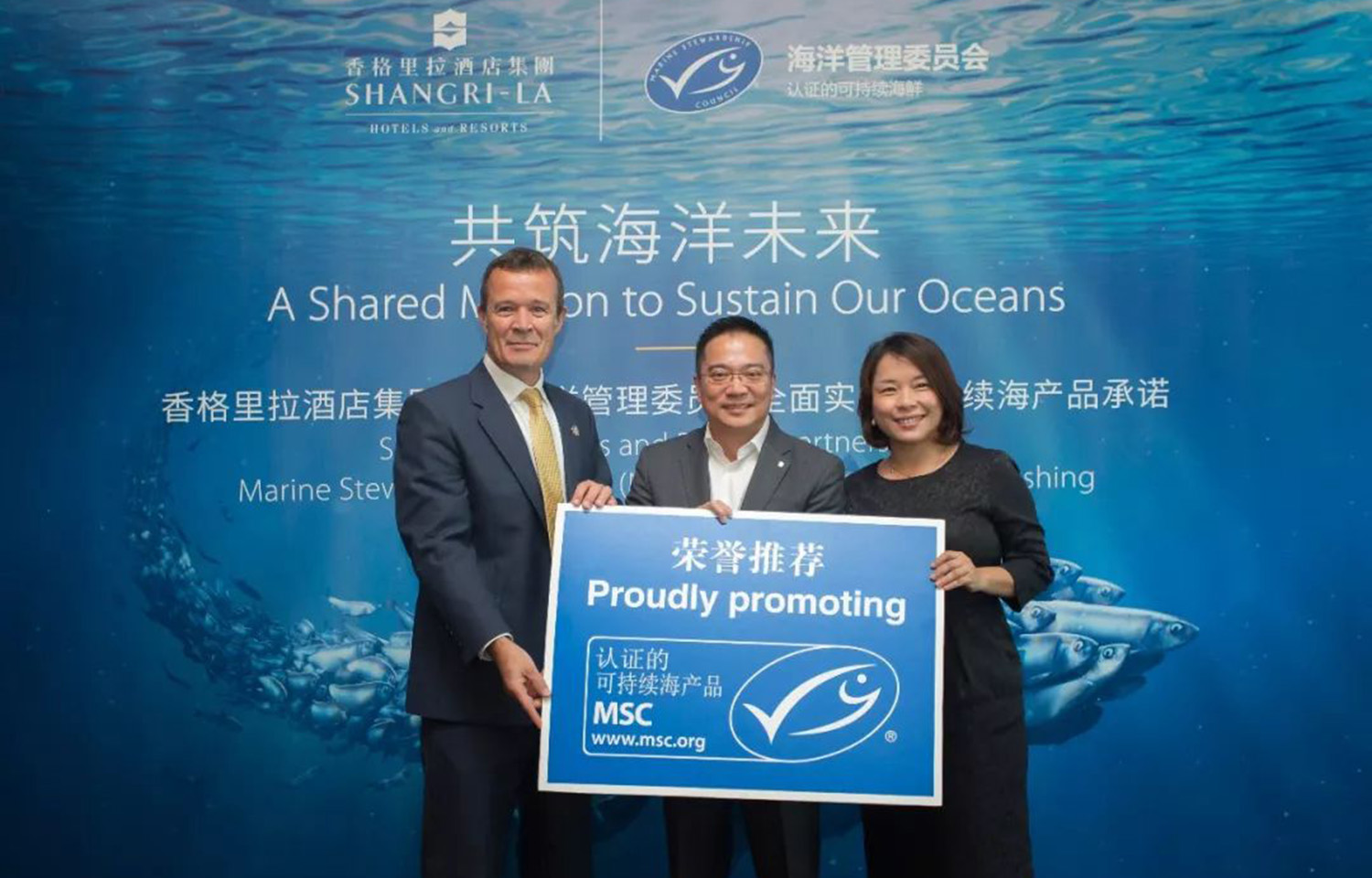The Marine Stewardship Council (MSC) has seen a significant rise in Chinese applications for chain of custody (CoC) certification in the first half of 2024, according to the certification body’s Beijing office.
MSC spoke at a recent seminar for Chinese seafood processors and exporters organized by the China Aquatic Products Processing and Marketing Association (CAPPMA).
“The additional purpose of the meeting was to support [companies applying for] CoC to better understand MSC standard requirements,” MSC spokesperson Gao Rui told SeafoodSource.
Several MSC representatives, along with officials from China’s Agriculture Ministry, spoke at the forum in Qingdao on 21 May.
"[MSC used the forum for] explaining the content of documents and application processes to ensure improved traceability along the supply chains and for highlighting the key concern and main risks based on typical case studies [and] discussing the reinforcement of risk control and [how to] better fulfill the responsibility of the enterprises in the industrial chain,” Gao said.
Hosted by the local CAPPMA chapter, the seminar focused on legal requirements and certification standards for local seafood companies exporting to Western markets and to Japan.
“The objectives of the training were to maintain a high standard in the legitimacy certification of China's exported seafood, further standardize the declaration procedures for certification documents, enhance the compliance capabilities of relevant enterprises, and facilitate the implementation of combating IUU from China to destination countries,” Gao said.
MSC has been under pressure to update the labor standard auditing component of its certification procedure after an Outlaw Ocean Project investigation found evidence of Uyghur labor programs in several MSC-certified processing factories. The U.S. considers all products made with Uyghur labor as made with forced labor and prohibits their entry into the U.S.
In a statement, CAPPMA characterized the Outlaw Ocean report as “fabricated” and “without any factual basis.”








